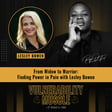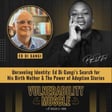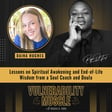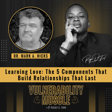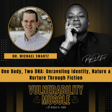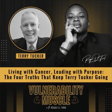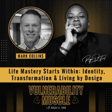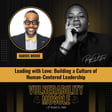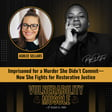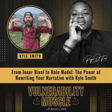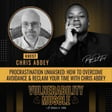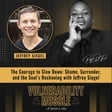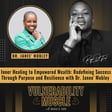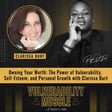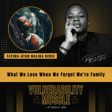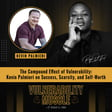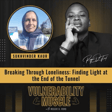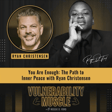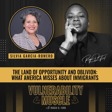
041 - It's Okay Not to Know: Embracing Vulnerability, Growth, and Self-Compassion with Brenda Do
In this heartfelt episode of Vulnerability Muscle, host Reggie D. Ford sits down with Brenda Do, a seasoned copywriter turned children's book author, to explore the power of vulnerability, self-compassion, and the journey of embracing our true selves. Growing up as a Chinese girl in 1970s America, Brenda rarely saw characters who looked like her in books, making her feel unseen and unworthy. This experience planted a deep seed of self-doubt—one she later sought to uproot through storytelling.
Now, as the author of It’s Okay Not to Know, Brenda crafts inclusive narratives that help children—and adults—unlearn limiting beliefs and embrace the beauty of curiosity, mistakes, and self-acceptance. She and Reggie dive into conversations about cultural conditioning, overcoming subconscious barriers, and why self-love is the key to unlocking a more fulfilling life.
Throughout the episode, Brenda shares insights on the societal narratives that hold us back, the impact of childhood messages on our self-worth, and how shifting our mindset can transform not just our personal lives but also our professional and creative endeavors. Whether you’re a parent, an educator, or someone on a journey of self-discovery, this episode will inspire you to embrace uncertainty, rewrite your inner dialogue, and recognize that you are enough—just as you are.
Contact Info:
https://www.brendado.com/
